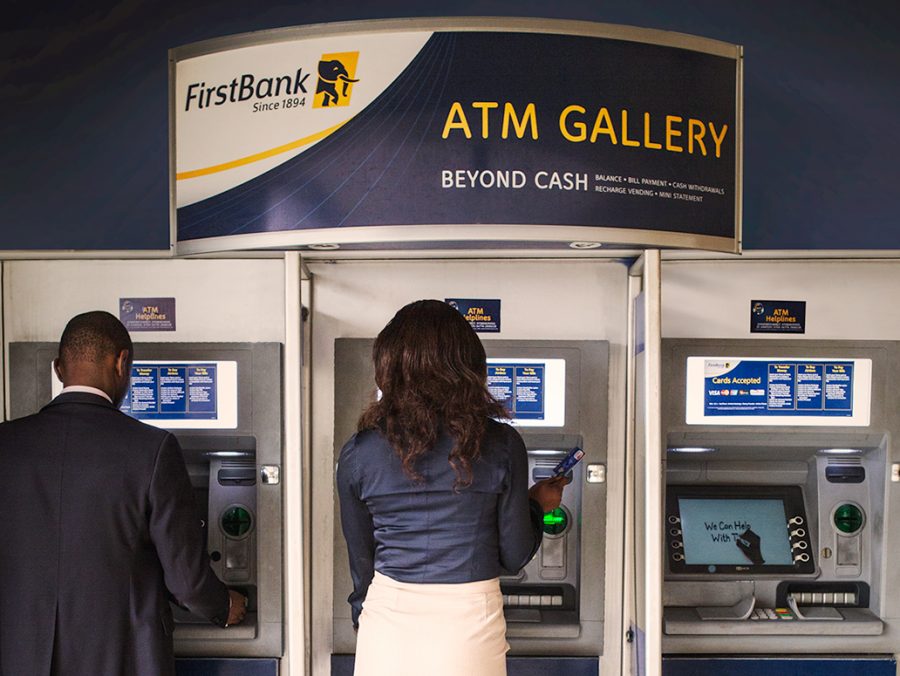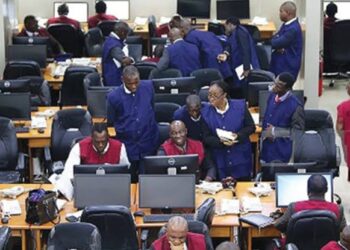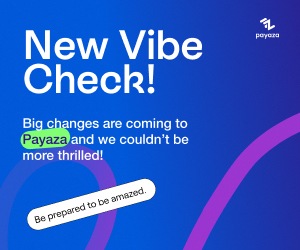Nigeria’s tier-1 banks — comprised of First Bank, UBA, GTBank, Access Bank, and Zenith Bank (FUGAZ) — generated a total of N18.4 billion from bank maintenance charges in Q1 2020. The sum is 17.12% more than N15.6 billion that was generated by the five banks during the comparable period in 2019.
This is according to recent checks by Nairametrics Research, a breakdown of which revealed that Zenith Bank generated the most income from account maintenance fees, followed by Access Bank and then, GTBank.
See the breakdown below.
- Zenith Bank Plc: N5.7 billion
- Access Bank Plc: N3.9 billion
- Guaranty Trust Bank Plc: N3.3 billion
- First Bank Plc: N3.1 billion
- United Bank for Africa Plc: N2.3 billion
READ MORE: Stocktaking: Ebenezer Onyeagwu’s year as CEO of Zenith bank
What you should know about account maintenance charges
Banks’ earnings from account maintenance charges, though low when compared to other revenue streams, still make up a significant portion of their non-interest income.
According to the latest directive by the Central Bank of Nigeria on bank charges, Nigerian banks are allowed to charge their customers a “negotiable” N1 per mille. What this means is that banks can charge N1 per N1000 debit transactions on current accounts. Banks’ account maintenance charges come in the form of COT (i.e., Commission on Turnover) which is a charge levied on customer withdrawals by their banks. In Nigeria, these charges are mainly applicable to current accounts.
“Current Account Maintenance Fee (CAMF): Applicable to current accounts ONLY in respect of customer-induced debit transactions to third parties and debit transfers/lodgments to the customer’s account in another bank. Note that CAMF is not applicable to Savings Accounts,” said part of the CBN directive.
(READ THIS: You must know these terms if you want to own a bank account in Nigeria)
Customers don’t like account maintenance charges
Interestingly, a lot of Nigerian bank customers are not keen on bank maintenance charges. After all, nobody likes to get debit alerts, especially so when such is coming from their banks. Perhaps, the main reason some customers dislike bank maintenance charges is because they tend to be higher than the interest capitalised entitled to such customers. Professor Ayobami Ojebode of the Department of Communications and Language Arts, University of Ibadan, recently complained about this, saying:
“Dear bank, I see o! Don’t think I don’t see you! You credit me N50 interest on my savings and debit N150 for account maintenance & card fee etc! Come here, what do you really think you are doing?”
























In as much as the banks are in business to make profit, CBN should also regulate the extent of negative impact such privileges will be on the masses. N1 per every N1000 on current account is much on the customers, considering the volume per transactions and the number of customers per each bank.
CBN has to review this.
Ghbmmv
Am farming rice am live in kwara state edu local government lafiagi
I am a farmer live in Kaduna city
Bashir